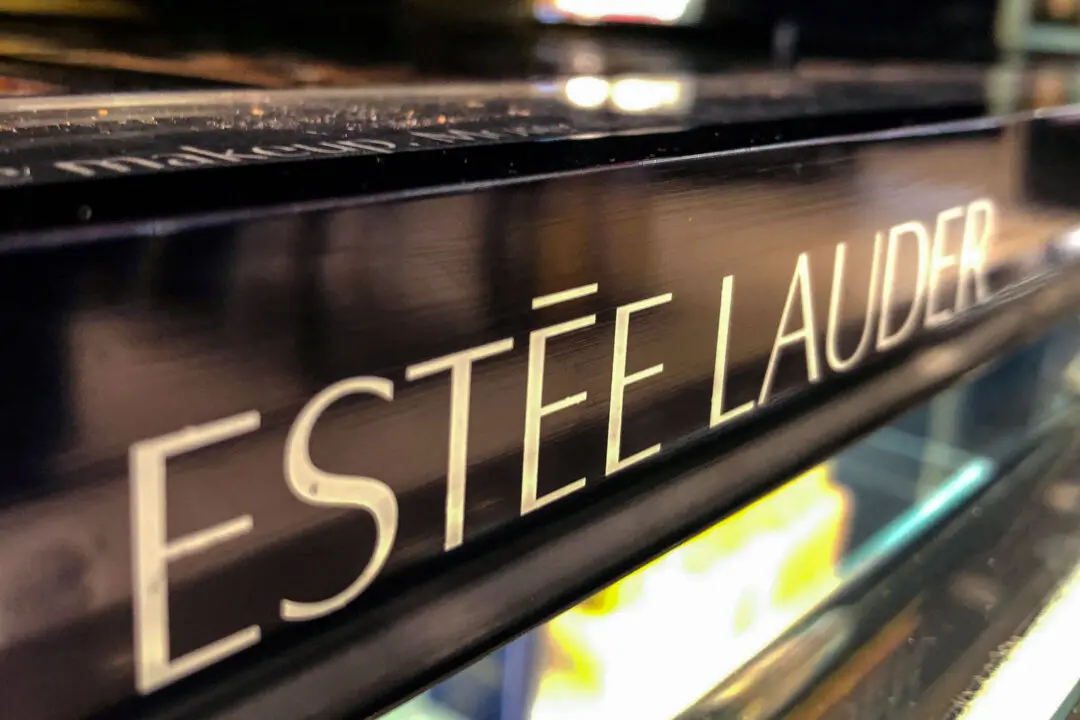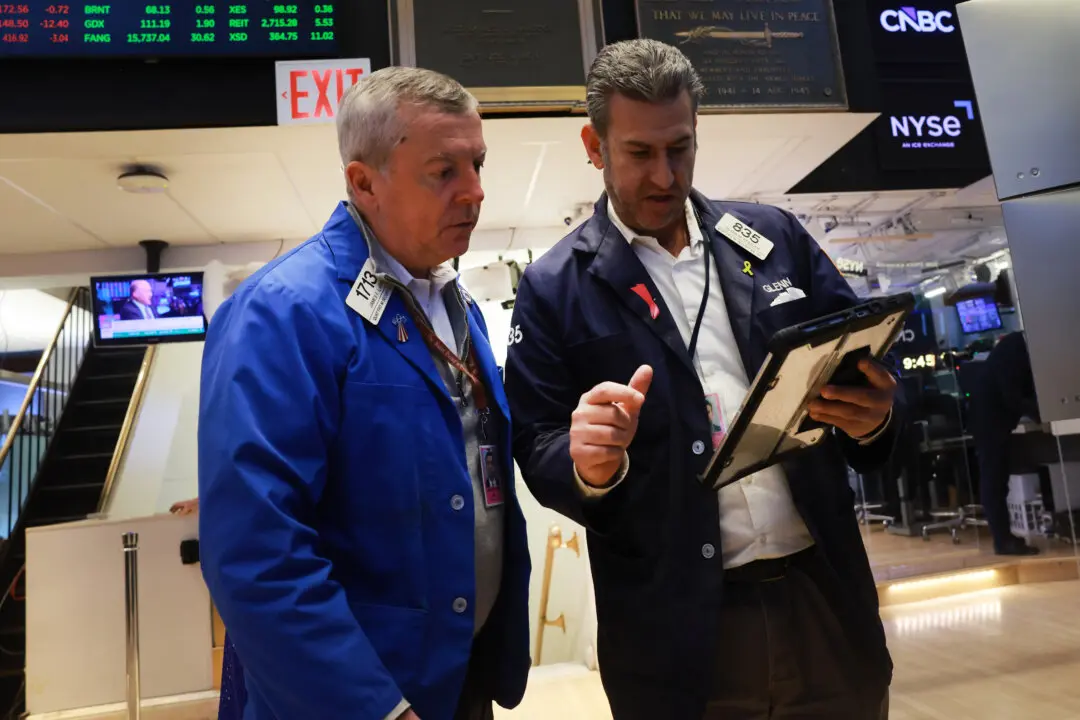News Analysis
Halloween saved a nasty surprise for Estée Lauder Company shareholders. The global cosmetics giant lost more than 24 percent of its market value at the opening, in a sign that analysts say reflects an overreliance on the Chinese market, which accounts for nearly one-third of its total sales.





